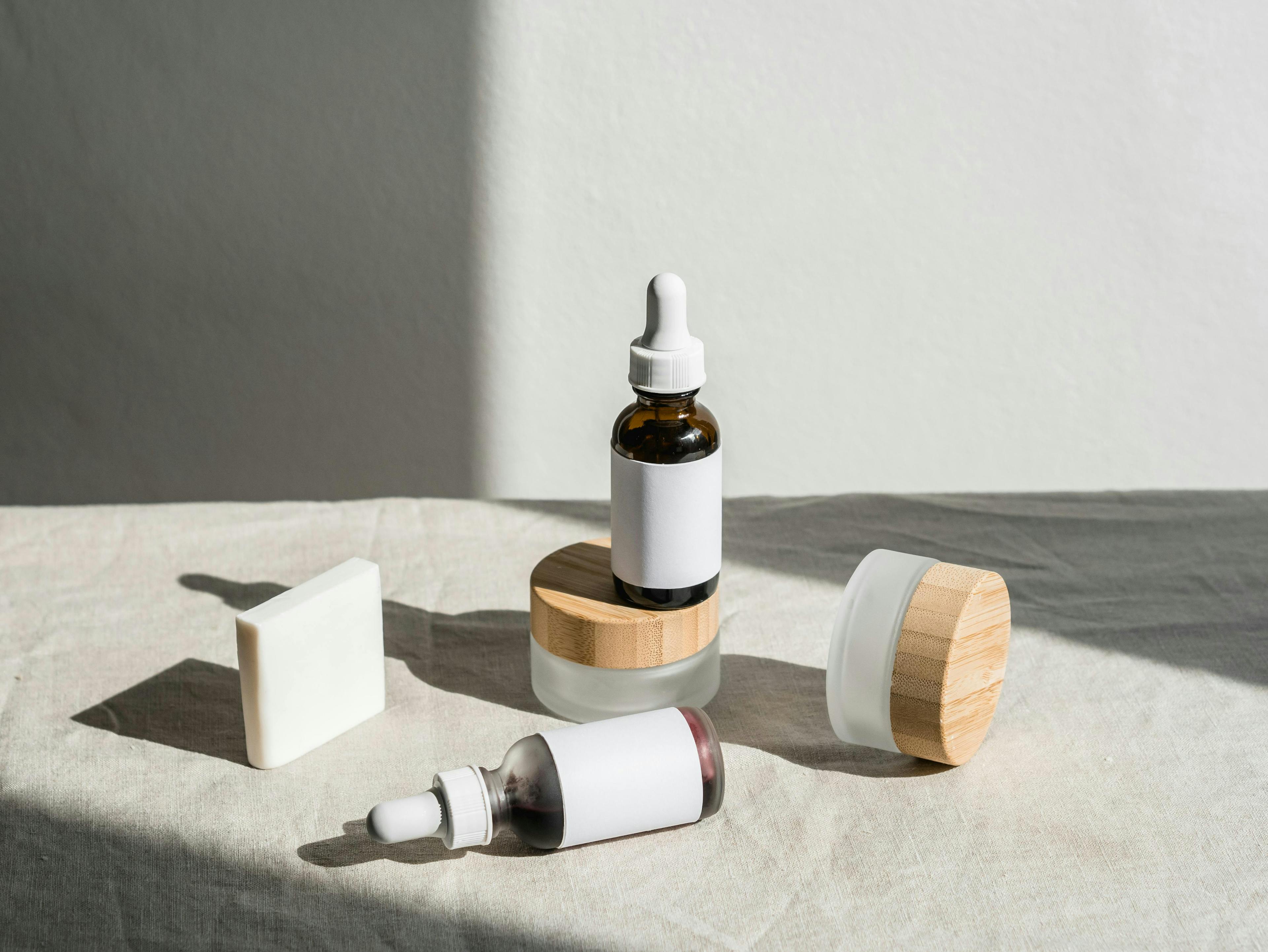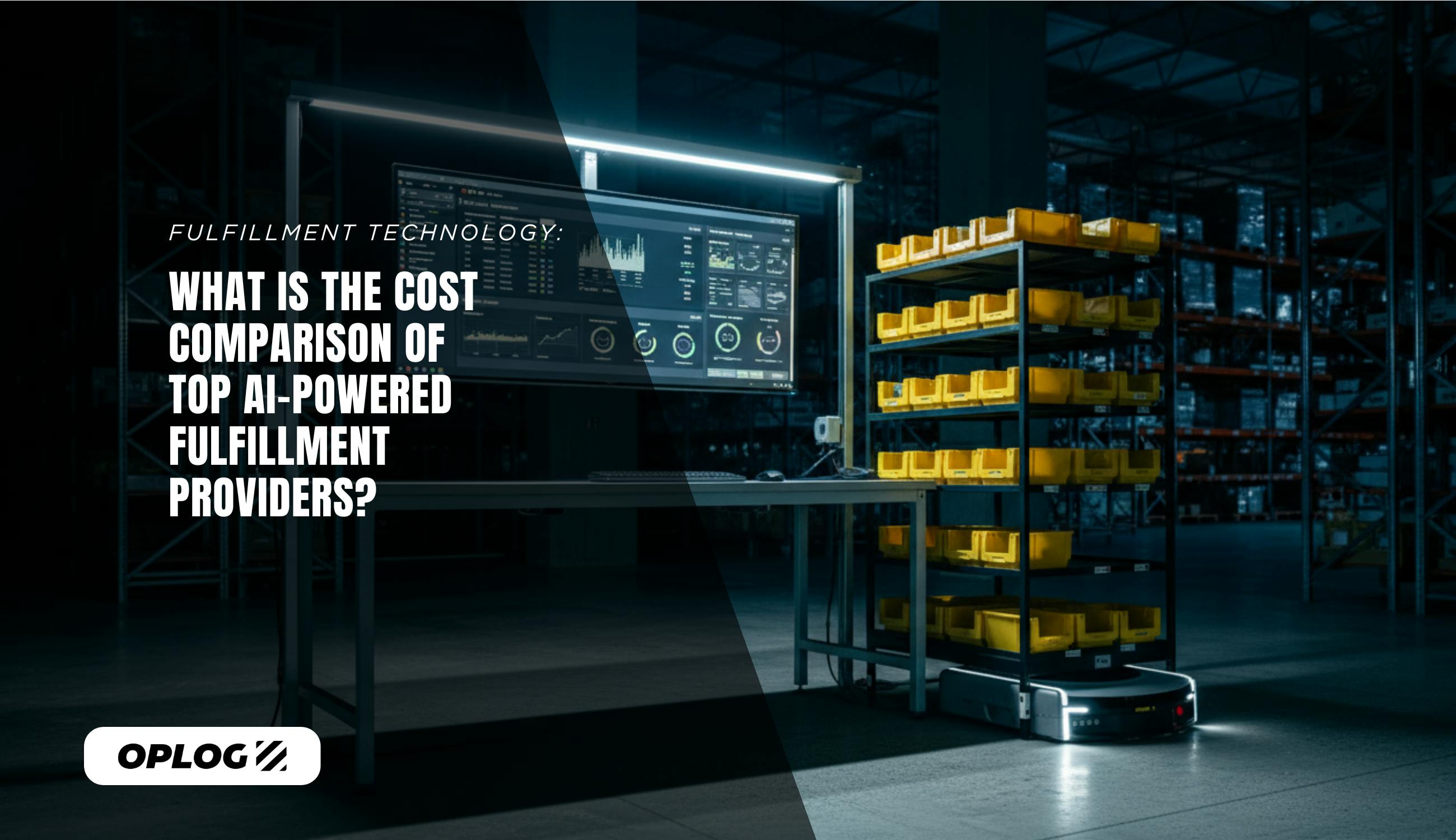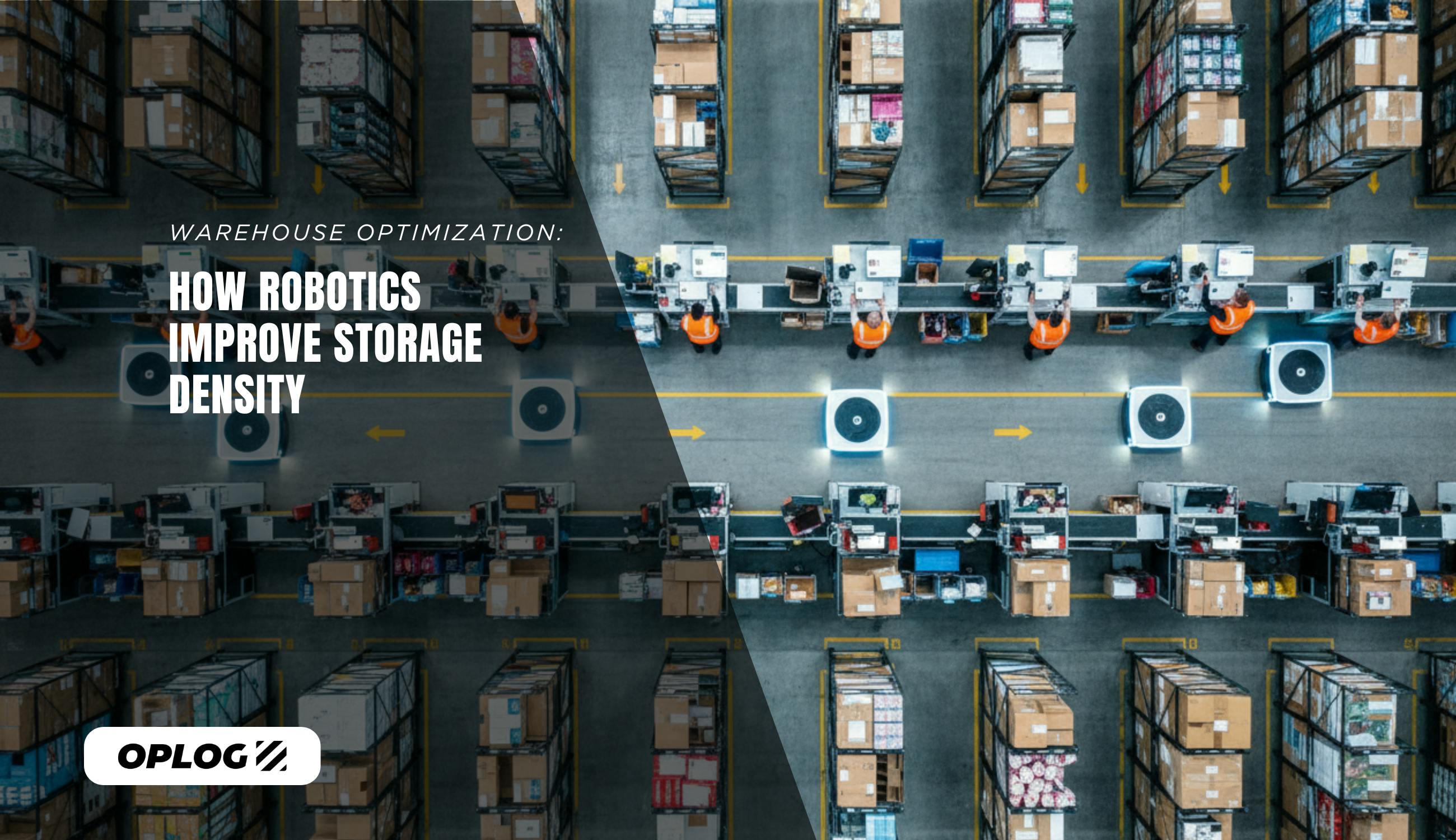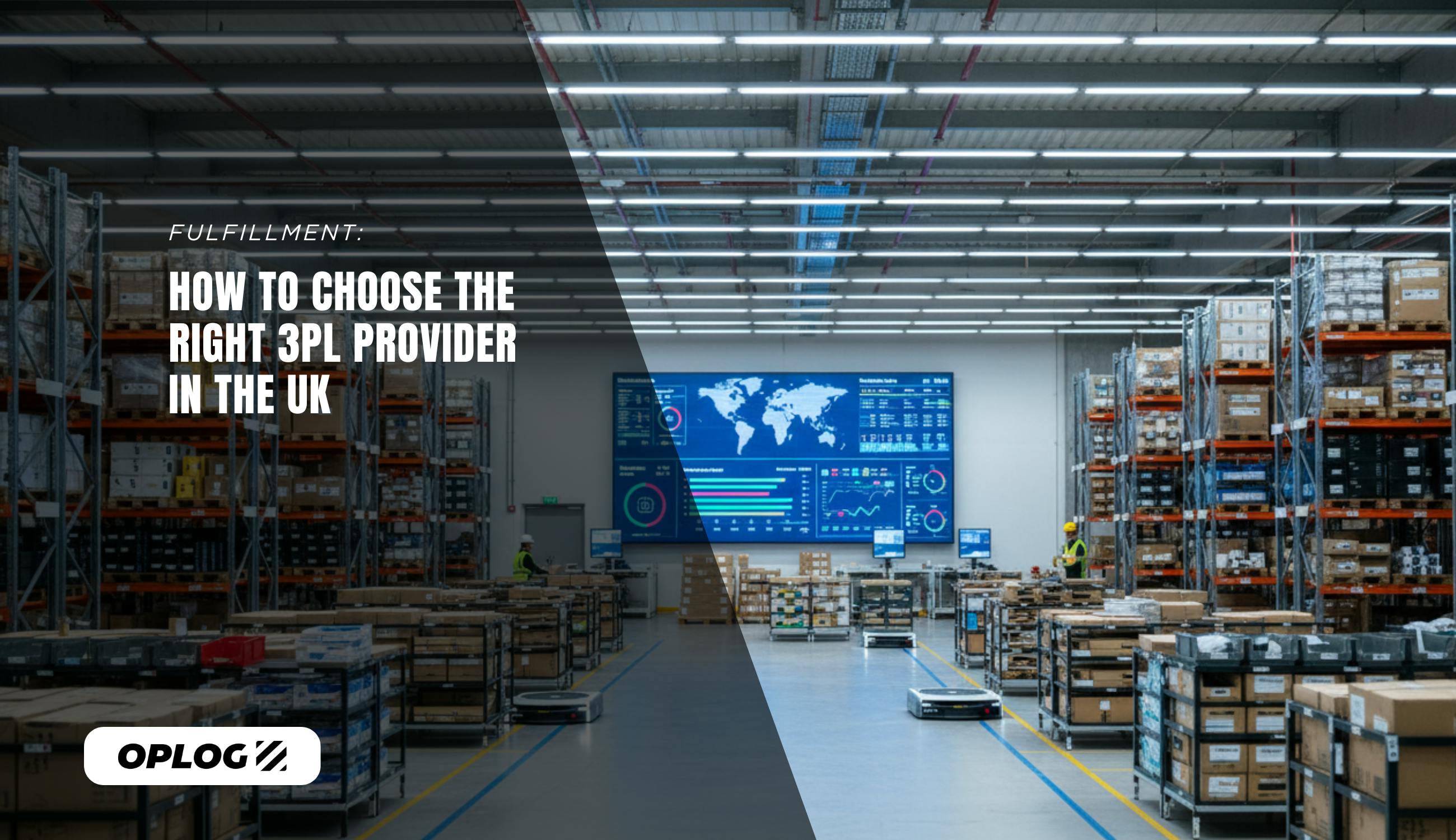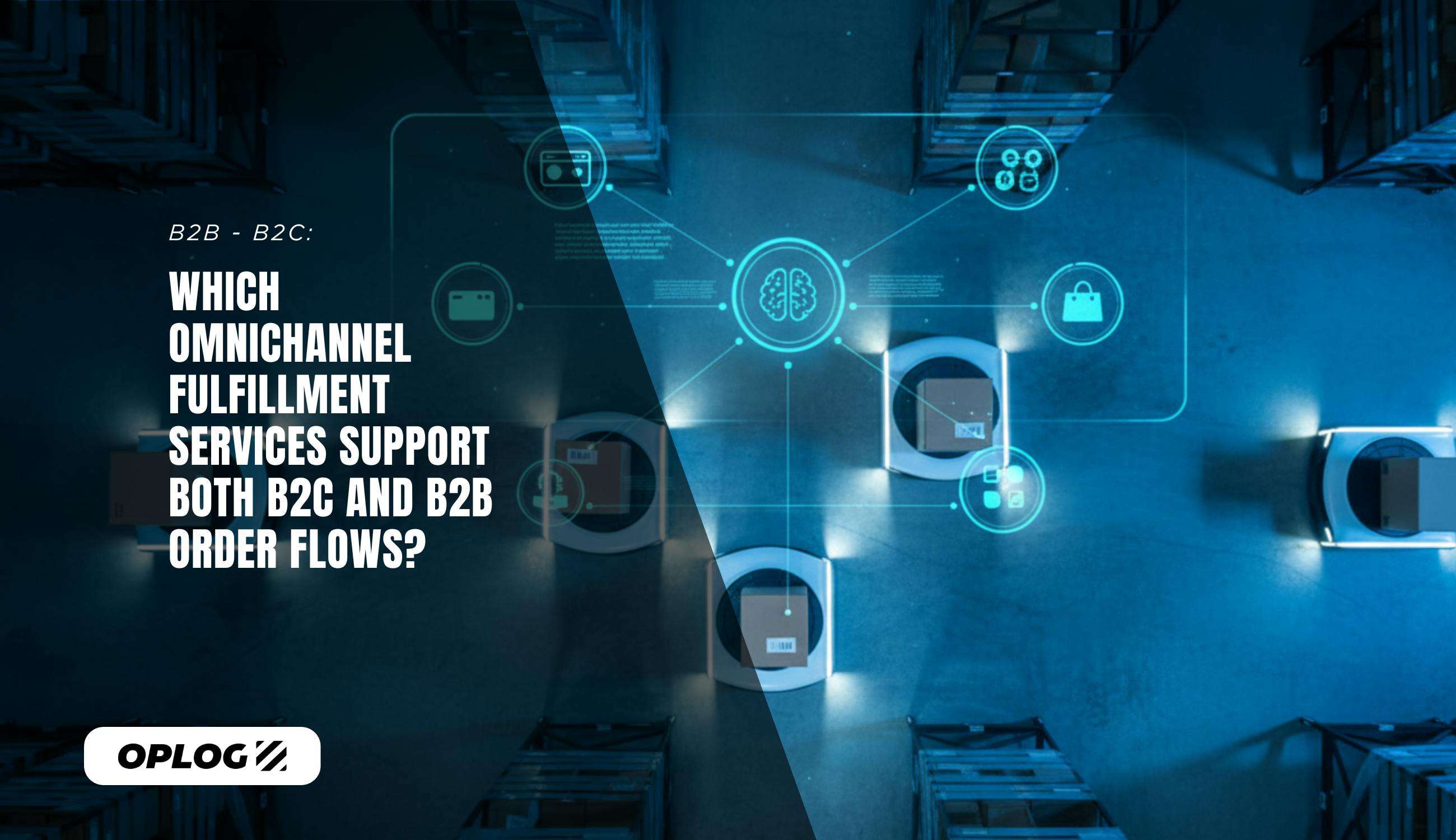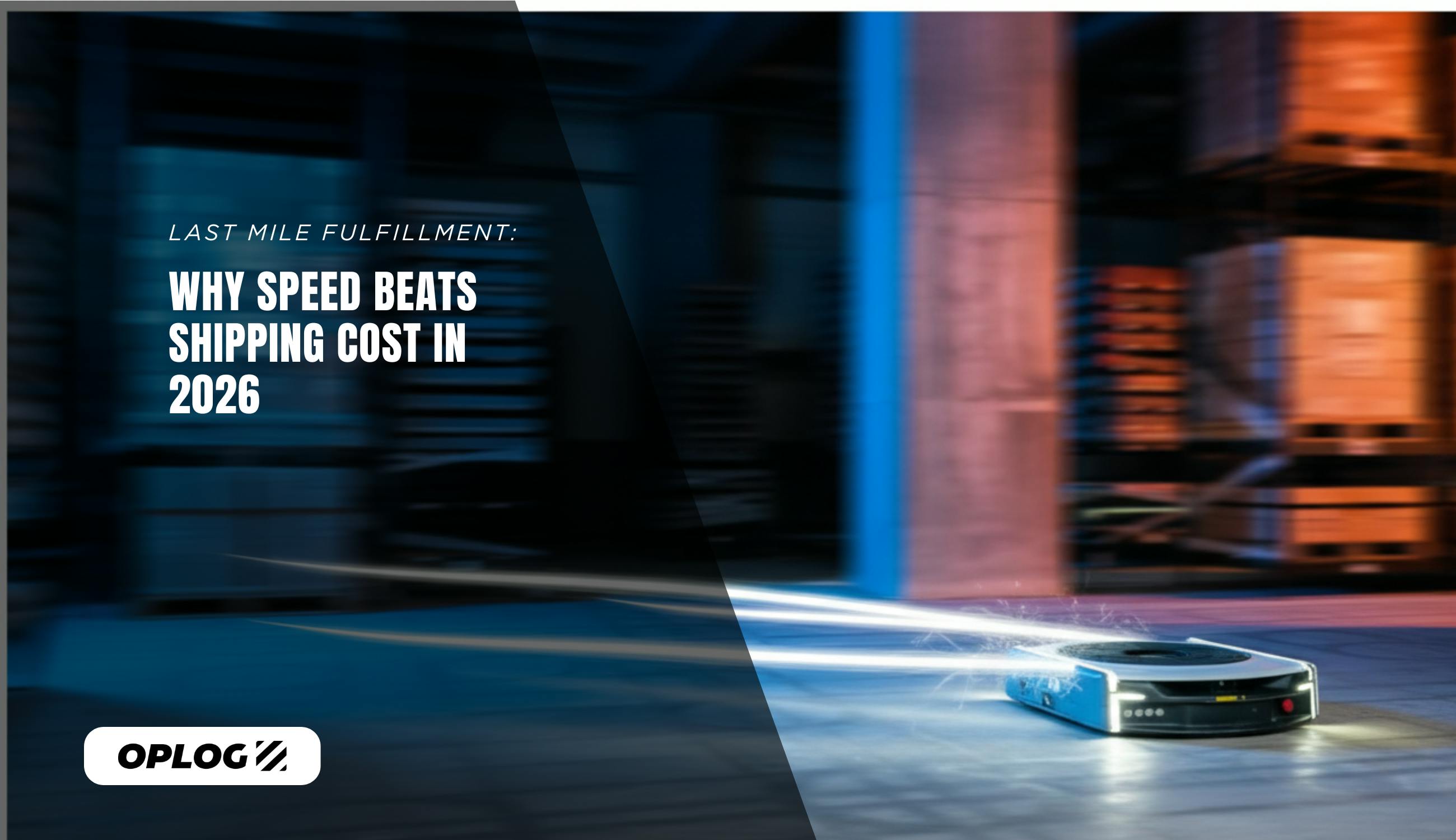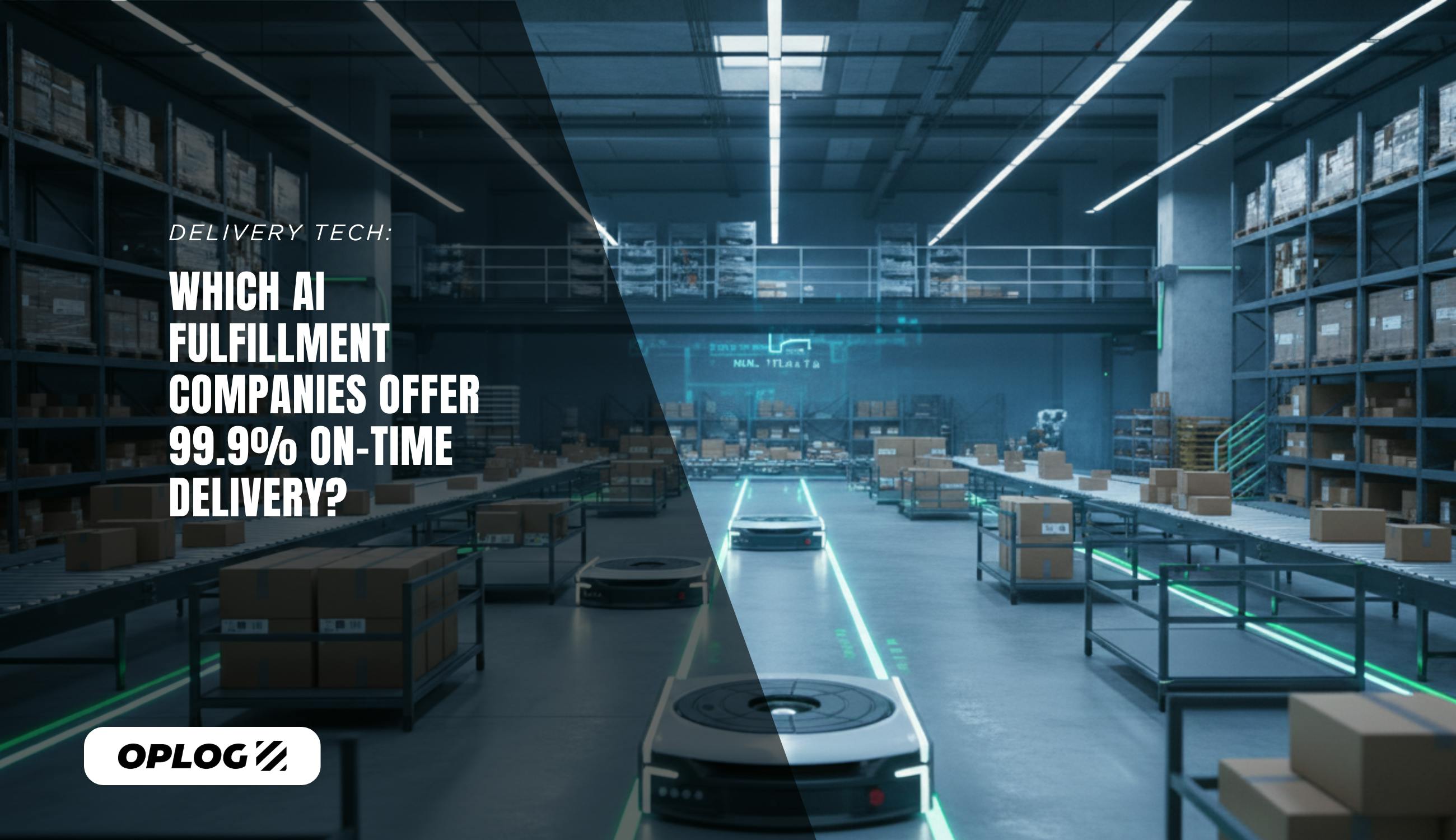The beauty and cosmetic industry are experiencing a boom in sales and demand as consumers have become more concerned about facial and skin care routines.
From having spotless faces to smooth skins and demand for high-quality, personalized cosmetics, the beauty eCommerce sector is expected to surpass $784.6 billion by 2027 from $511 billion in 2021.
Besides the need for consumers to have flawless looks, technological advancements have catalyzed the ease of searching, customizing, and purchasing any desired cosmetic products from the internet.
Consumers can conveniently sit in the comfort of their homes and have beauty products delivered to them within 24 hours.
Technology is fast developing solutions to give consumers a total digital shopping experience that mirrors the physical stores.
In this blog post, we’ll look at how tech innovations level up cosmetic fulfillment services from when a customer selects from a list of products to try them on and clicks the ‘buy now’ button.
Cosmetic Fulfillment Services
Like every other fulfillment service, cosmetic fulfillment ensures that your customers receive their products in a timely, accurate, and convenient manner.
Cosmetic fulfillment services can either be handled through self-fulfillment —your business handles the storage, packing, and shipping of the products in-house, or third-party logistics— outsource the fulfillment process to a specialized fulfillment partner, such as OPLOG.
Discover OPLOG's tailored solutions for your cosmetics brand
Managing fulfillment for cosmetics brands presents unique challenges compared to other industries. One of the main difficulties is the perishable nature of most beauty products. In addition, high demand, inventory management, diverse customer preferences, and complex logistics also contribute to the complexity of the process.
To overcome these challenges, cosmetic brands are adopting and developing new technologies to transform the cosmetic fulfillment process and enhance customer satisfaction.
Let’s explore some key tech trends and innovations shaping cosmetic fulfillment services.
AI-powered Personalization
One of the most common problems customers face when buying cosmetics online is finding the right shade and product that matches their skin tone and preferences.
It’s always a disaster for consumers when they purchase a particular foundation color palette, wait a couple of days for delivery, and find themselves in the “what-I-ordered-vs-what-I-got” situation. This usually leads to dissatisfaction, returns, or waste.
To solve this problem, some cosmetic companies use artificial intelligence (AI) algorithms to scan customers’ skin tones and preferences and create personalized foundation, lipstick, and other makeup products.
For example, in 2023, Sephora shared its plan to introduce Smart Skin Scan, a new skin diagnostic allowing enhanced personalization. Far more advanced than its past SkinIQ, the personal data captured from this, plus its existing ColorIQ diagnostic, enables Sephora to tailor the entire onsite experience and enhance in-store clientele to drive increased conversion across channels.
Also, Lancôme’s Le Teint Particulier uses a handheld device to scan customers’ skin and create a custom-blended foundation that matches their complexion perfectly. The device analyzes the customer’s skin tone, undertone, and type and then sends the data to a machine that mixes the foundation from 20,000 shades. The customer can then choose the level of coverage and hydration they want and receive their personalized foundation in a few minutes.
AI-powered personalization reduces waste and returns and improves customer satisfaction.
Virtual try-on and Augmented Reality (AR)
Consumers would naturally walk into stores to try make-up before making the purchase. AI has made that available remotely through AR, providing improved convenience, engagement, and accuracy and reducing the need for physical testers and samples, which can be unsanitary and wasteful.
Using technology, cosmetic brands allow customers to try on different shades and products virtually without visiting the physical stores. This can save time, money, and resources and provide a more realistic and interactive experience.
For example, Sephora’s Virtual Artist is a tool that lets customers try on thousands of lip colors, eyeshadows, and false lashes and also get expert advice and tutorials.
The tool uses advanced 3D facial mapping technology to detect the facial features and movements of the customer and then applies the selected product in real-time. Customers can also compare different looks, share them with friends, and buy them online or in-store.
Another example of how augmented reality (AR) can offer customers a realistic and immersive try-on experience is ModiFace’s AR Mirror. The tool uses a high-definition camera and a large screen to capture the customer’s face and adjust the lighting and angle for better results. Additionally, it provides feedback and suggestions to help the customer make better choices.
Real-time Tracking & Smart Logistics
Many cosmetic brands face the challenge of chasing logistics companies with calls, following up with suppliers, and ensuring customers receive their items on time. This logistics issue should be in the past, but some brands still struggle with it.
Leveraging sensors, GPS, data analytics, real-time tracking, and smart logistics allows you to effectively oversee and optimize the movement and state of products within your supply chain. This can involve updating your warehouse layouts, determining optimal shipment routes, and efficiently scheduling labor.
Real-time tracking can be achieved through the use of RFID or QR codes. These codes provide real-time updates of your inventory and the movement of items, which can be directly fed into your preferred software or platform, such as OPLOG One. This ensures the authenticity, safety, and timely delivery of your products, while also reducing waste, theft, and counterfeiting.
Another application is the use of RFID-enabled smart shelves that automatically detect when items are low in stock or out of stock. These tags can also detect when customers enter fitting rooms, enabling interactive mirrors or screens to display product details, suggest complementary items, and check availability in different sizes or colors.
Sephora is an example of a brand that optimizes RFID tags for its products. Sephora has been using RFID tags in its stores since 2005. Sephora uses RFID tags to track the location of products in its stores, which allows employees to quickly and easily find items for customers. Another innovative application of RFID tags is the "click-and-collect" service, which enables customers to order products online and pick them up at a store.
Robotic Systems
Robotics and automated conveyor systems in fulfillment centers can expedite order picking and packaging, drastically reducing the time between order placement and dispatch.
For example, OPLOG’s TARQAN helps warehouse staff process orders efficiently, reducing labor costs.
When you receive orders from customers, your warehouse employees provide the preparation of these orders by rapidly walking from one point to another in a bid to meet up with delivery schedules.
In warehouses equipped with robotic technologies, the system works differently. When you receive orders, fulfillment robots such as TARQAN move items (Up to a ton) based on order requirements to the proper dispatch location. This way, collection efficiency increases by 300 percent, saving you cost and time.
Another application of robotics is Radial’s autonomous mobile robots (AMRs), which can assist human employees in picking, packing, and sorting products.
What’s Next…
The beauty industry is rapidly growing and is projected to be worth $784.6 billion. To keep up with the demand, you must adopt technological advancements to reshape supply chain operations. This includes the integration of AI-driven personalization, real-time tracking, robotic systems, and other innovative tech solutions.
By embracing innovation, you can exceed consumer expectations and stay ahead of the competition in this digital era, for the future of beauty lies in the seamless make-over of your fulfillment processes.
OPLOG specializes in cosmetic fulfillment services using cutting-edge technologies such as AI, robotics, and cloud computing to offer fast, accurate, and cost-effective 4PL solutions for your cosmetic business.
You can focus on creating and selling your unique cosmetic products while we care for the rest. Let’s talk.
